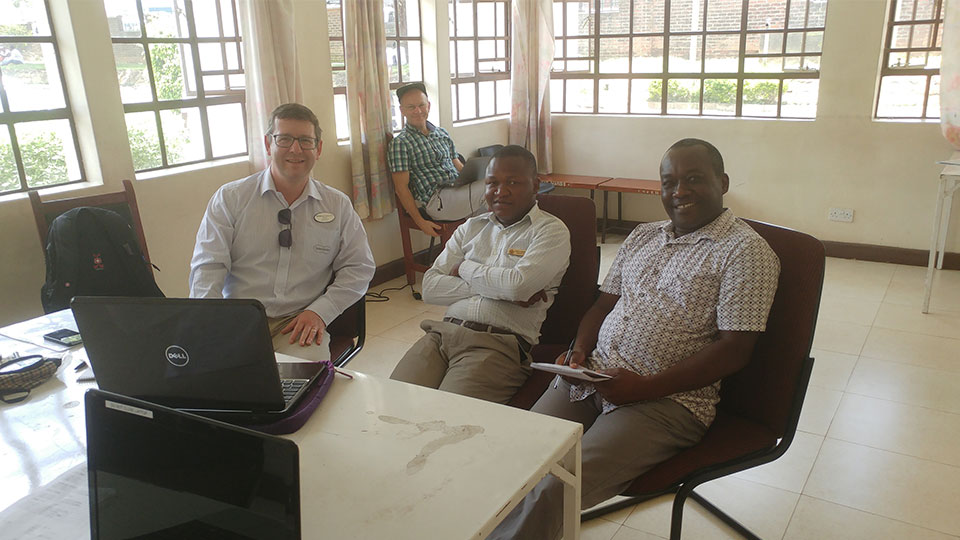- OT
- Industry
- High Street
- Making a difference in Malawi
Making a difference in Malawi
Specsavers practices pledge to support training of eye health workers in Malawi

07 March 2019
Staff at two branches of Specsavers in Scotland have pledged to support the training of eye health workers in Malawi for three years.
The multiple’s Kirkintilloch and Bishopsbriggs-based practices will cover the £3000-a-year running costs of the course, which includes training, as well as accommodation for eye care workers and official certification on completing the course that is run in Blantyre, Malawi.
The Royal Hospital for Children in Glasgow and the Lions Sight First Eye Unit in Malawi first partnered 12 years ago. On recognising that dedicated hospital-based paediatric ophthalmology services did not exist in the East African country, a team of practitioners travelled to the region to train the first specialist paediatric eye care professionals.
A training course was subsequently established and Specsavers practice director Neil Drain has since visited Malawi half a dozen times to support the training process.
This education was funded by the Scottish government for nine years until it ceased in 2017. As a result, the funding required has been pledged by Mr Drain and his colleagues.

To meet the continued pledge, staff at Specsavers have hosted a range of fundraising activities over the last 12 months, with assistant store manager, John McAllister, completing a half marathon, and others organising a craft sale.
Speaking about supporting the training, Mr Drain said: “With a vital pipeline of fundraising support in place, we’re now looking forward to at least another two years of successful courses. Education is so important at grassroots level for tackling the causes of unnecessary blindness.
“It’s hugely gratifying to see how the project has taken off, continued to grow, and found its own identity over the past few years, and the support from Specsavers in Kirkintilloch and Bishopbriggs remains key to that.”
He added: “All involved in running the course have witnessed a huge increase in awareness in the community, resulting in a significant rise in visits to the facility for treatment.”
Since the course began, over 130 ophthalmic personnel have been trained.


Comments (0)
You must be logged in to join the discussion. Log in